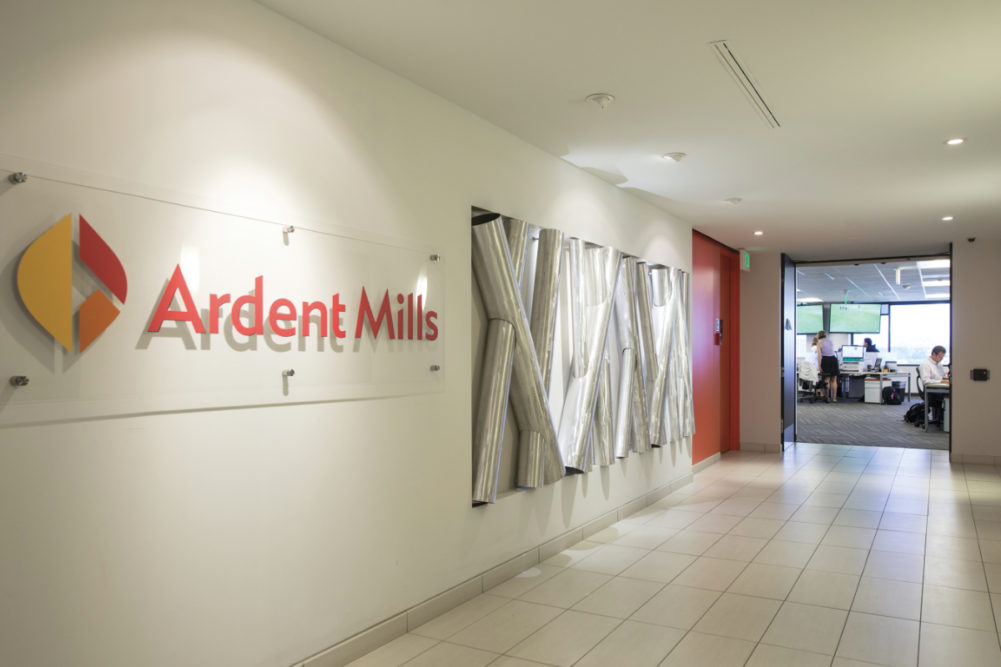DENVER, COLORADO, US — Ardent Mills has unveiled plans to update and expand its flour mill in Commerce City, Colorado, US. The company said the project is part of a “long-term investment in the Mountain West market and will enable the company to continue to support customer growth through improved efficiency, optimized capacity, and enhanced capabilities.”
The company said it will be adding 9,500 cwts of daily milling capacity to the mill by expanding its existing milling units there, noting that expansion is the first at the facility since 1999. The Commerce City mill currently has 18,500 cwts of daily flour milling capacity, according to the Grain & Milling Annual published by Sosland Publishing.
“Ardent Mills is proud to be a Colorado-based company, and this investment furthers our commitment to and confidence in the region,” said Sheryl Wallace, chief executive officer of Ardent Mills. “In the last two decades, this region has experienced significant population growth, which has led to more demand for food manufacturing and supply. This project will enable Ardent Mills to incorporate the necessary growth needed to optimally serve the market today and in the future.”
With the addition, the flour mill will have 28,000 cwts of daily flour milling capacity, making it Ardent Mills’ second largest flour mill and placing it in a tie for the sixth largest flour mill in the United States. In addition to adding capacity Ardent Mills is adding a new cleaning house and flour and feed load out areas.
Bühler Inc. has been selected as the principal equipment supplier for the mill. Ardent Mills said the facility will continue to mill white, whole wheat and organic flour, together with specialty flour (e.g., spelt), “as needed.”
Factors leading to the decision to invest in the Commerce City mill include the company’s desire to sustain its strong position in the market by ensuring it is an efficient and reliable supplier and a commitment to the greater Denver community (Commerce City located six miles northeast of Ardent Mills’ headquarters in downtown Denver). The project will allow Ardent Mills “to meet the rising food demands and support Colorado’s manufacturing and agricultural markets,” the company said.
Groundbreaking on the project is expected to begin this summer with completion anticipated by the end of 2026, Ardent Mills said.
Plans to expand Commerce City were announced almost exactly six months after Ardent Mills said it would cease operations at its flour mill in Port Allen, Louisiana, US, later in the spring.
According to the 2024 Grain & Milling Annual, Ardent Mills’ 32 US flour mills had 480,510 cwts of daily milling capacity at the start of the year, a figure reduced to 31 mills and 474,510 cwts of capacity with the Port Allen (6,000 cwts of capacity) closing. Barring other changes, the company would have 484,010 cwts of daily capacity across 31 mills when the Colorado expansion is completed at the end of 2026.
The Commerce City mill dates back to 1936 and was modified numerous times under several owners before the 1999 expansion, according to a 2001 feature article published inMilling & Baking News. Earlier owners included Omaha Flour Mills, Omar Mills, Inc. (which bought the mill while under construction), Colorado Mill & Elevator and Peavey Co. Conagra, a partner of Ardent Mills, acquired the mill in 1982 when it bought Peavey. The 1999 Conagra project, completed at a cost of $35 million and engineered by Bühler, expanded the mill only modestly (4,000 cwts) but dramatically updated and automated the facility, adding a new building and three milling units — two with 8,000 cwts of daily capacity and a 2,000-cwt whole wheat mill.






